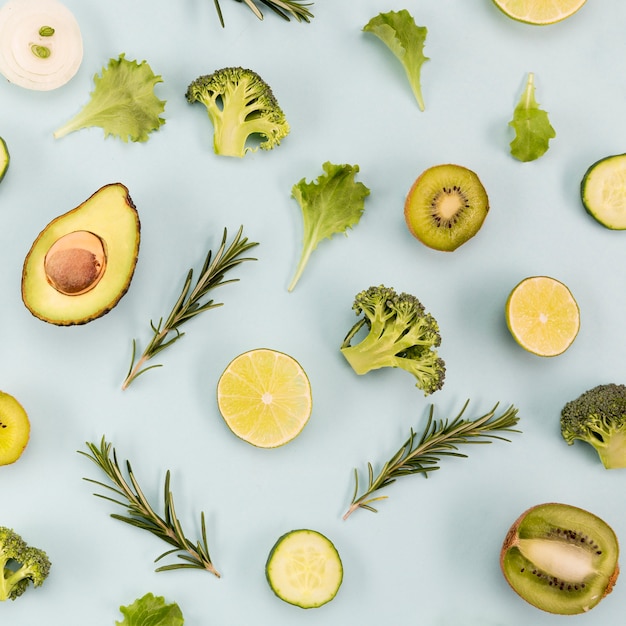
Did you try Veganuary this year, or are you thinking about switching to a vegan lifestyle for good? If you’re unsure about where to start, Dr. Gemma Newman has some useful tips.
With so many diets out there—low fat, high fat, low carb, high carb, vegan, paleo, keto—it can be confusing to figure out which ones actually work. As Veganuary continues to gain traction, it’s clear that more people are interested in trying a plant-based diet. In 2018, 170,000 people signed up, a significant increase from the previous year. Last year, the number rose to over 250,000, and it’s expected to increase again.
But is going vegan actually healthy? What sets it apart from other diets touted for their health benefits? Nutrition has often been a source of confusion, with mixed messages coming from media, food companies, and even some health professionals.
However, it’s hard to argue against the advantages of consuming plenty of vegetables and fruits and opting for whole, unprocessed foods. Limiting processed meats, sugary treats, and refined grains is also beneficial. While moderation is often suggested as a reasonable approach, the same logic doesn’t apply to harmful substances like tobacco. The World Health Organization classifies processed meats as a class 1 carcinogen, making them a known cancer risk.
Fortunately, experts like Dr. David Katz and the team behind the True Health Initiative agree that a diet rich in vegetables, fruits, beans, nuts, seeds, whole grains, and water is essential for good health. If you compare a paleo diet and a whole food plant-based diet, they are more alike than the average Western diet.
Heart disease remains the leading cause of death, and the only diet shown to reverse coronary artery blockages within weeks is a whole food plant-based approach. This was demonstrated by studies like The Lifestyle Heart Trial and the Mount Abu Heart Trial.
Switching to a plant-based diet can seem daunting, especially if you’re used to a typical Western diet. Kudos to those who committed to Veganuary. If you’re interested in transitioning to a plant-based diet, here are some tips to get started.
If you’re new to plant-based eating and aren’t sure how to begin, consider checking out cookbooks like “So Vegan in 5” by Roxy Pope and Ben Pook, which offers over 100 simple recipes that use just five ingredients. Similarly, “BOSH!” by Henry Firth & Ian Theasby provides more than 80 healthy vegan recipes and has become the largest plant-based online channel.
Beginning your journey can depend on your current preferences. Start by adapting your favorite meals into vegan versions, like swapping chicken curry for chickpea curry or beef Bolognese for lentil Bolognese. Gradually integrate more plant-based meals into your routine to make the transition enjoyable and stress-free.
Start slowly, maybe by making your breakfast plant-based a few times a week, then do the same with lunch. Gradually increase the number of plant-based meals until you have a solid rotation of recipes. Transitioning immediately to a whole food plant-based diet could lead to quicker benefits, usually within two to three weeks, although initial bloating might occur as your gut microbiome adjusts.
Organizations like the American Dietetic Association and the British Dietetic Association agree that well-planned plant-based diets are suitable for all age groups and may help prevent diseases like heart disease and cancer. These diets are linked to a lower risk of chronic respiratory issues and allergies, offering long-term health benefits.
Real-world nutrition challenges, like soil degradation and pesticide use, affect nutrient availability. A Western diet often lacks crucial nutrients like magnesium, folate, and fiber, contributing to obesity and lifestyle diseases. A whole food plant-based diet, especially one focusing on nutrient-dense foods, provides a denser nutritional profile. However, some supplements might still be necessary, particularly if you’re excluding all animal products.
Vitamin B12 is crucial for those on a strict plant-based diet. Although the daily recommended intake is 1.5mcg, taking at least 10mcg daily or 2000mcg weekly is advisable to prevent deficiency and manage homocysteine levels, which are linked to heart disease risk. B12 can be obtained from fortified foods or supplements; methylcobalamin B12 is often recommended due to its bioavailability.
Vitamin D supplementation is also suggested, especially if you’re not getting enough sunlight. Recommended doses are 1000iu daily for those with normal levels and 2000iu daily for those prone to deficiency. EPA/DHA supplements, derived from algae, provide omega-3 fatty acids and support heart health without the toxins found in fish. Additionally, one to two tablespoons of milled flaxseed daily can help lower blood pressure and boost heart health.
Dr. Gemma Newman, with 15 years of medical experience, is the Senior Partner at a family medical practice. Her comprehensive background includes various specialties, highlighting the importance of knowledgeable dietary advice for health and wellness.

